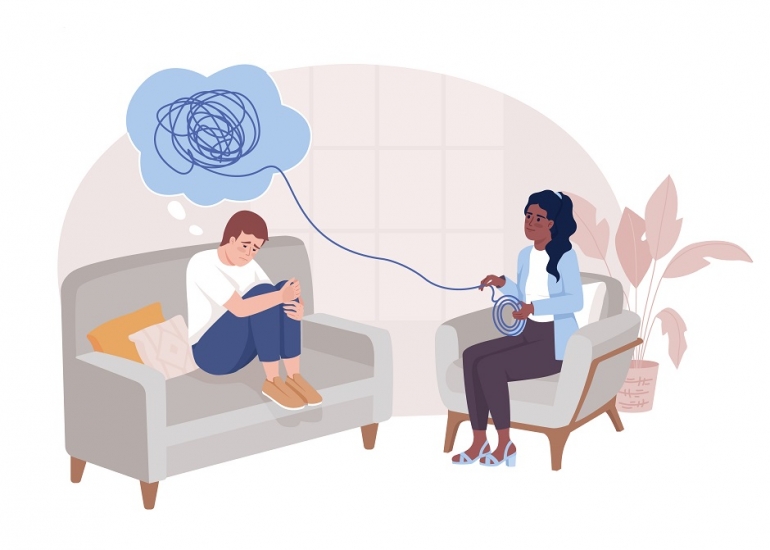Cases related to mental health problems have risen in recent years. A survey done every seven years in the United Kingdom shows that approximately 1 in 4 people in the UK experience mental health issues. Another study shows that around 12 out of 1,000 people suffer from obsessive-compulsive disorder (OCD) in the UK. These increasing numbers have led to an increase in demand for health professionals in the UK that provide stress and worry treatments in London, where mental health experts and therapists treat the disorder by using various methods such as cognitive behavioural therapy (CBT).
What is obsessive-compulsive disorder?
Obsessive-compulsive disorder, mainly known as OCD, is a mental disorder that is caused by chemical imbalances in the brain or may be inherited. A patient has irresistible and constant unwanted thoughts and urges to perform certain tasks repetitively.
Role of CBT in Treating Obsessive Compulsive Disorder
Understanding thought patterns
A patient suffering from OCD has a thought pattern. A cognitive behavioural therapist works towards understanding this thought pattern and helps the patient identify the negative thoughts.
Develop coping skills
CBT involves many strategies to help OCD patients manage their stress and worry. This includes methods such as deep breathing that help patients calm down their nervous systems.
Talk therapy
OCD patients are often afraid to open up about their thoughts and compulsions. CBT provides a safe place for patients to open up about their thoughts and talk. Patients can share their thoughts without fear of being judged. Experienced therapists know how to communicate with a person suffering from a mental disorder.
Exposure and response prevention therapy
As we have discussed, a person suffering from OCD has repetitive negative thoughts that force him to perform various tasks.
What happens to a person with OCD?
A wave of negative thoughts comes into the patient's mind, which takes him to a peak, forcing him to perform a certain ritual, and if he fails to do so, his negative thoughts will become reality. Now, during this peak time, it becomes irresistible for the patient, and he ends up performing the ritual, and this happens to him over and over again.
Exposure and response prevention therapy is also a form of cognitive behavioral therapy, which is designed in such a way that individuals are deliberately exposed to their fears and thoughts while at the same time preventing compulsive behavior. Through repetitive sessions, patients realize that their thoughts are irrational and avoid doing their rituals.
Relapse prevention
CBT sessions are conducted in such a way that they help the patient over the long term. Moreover, OCD requires a long period of treatment, and relapse may occur during or after the treatments. In order to prevent relapse, therapists work with patients to detect early warning signals, teach them coping strategies for the future, and build up a support system.
Treatment of obsessive-compulsive disorder requires both medication and therapy. It can develop into an incurable illness if left untreated for too long. It takes many years for the patient to detect that he/she has a mental disorder known as OCD. Therefore, it would be beneficial for you to schedule a CBT session instead of wasting any more time.












